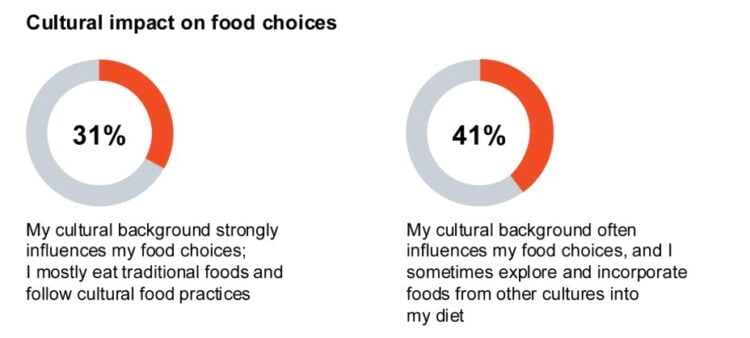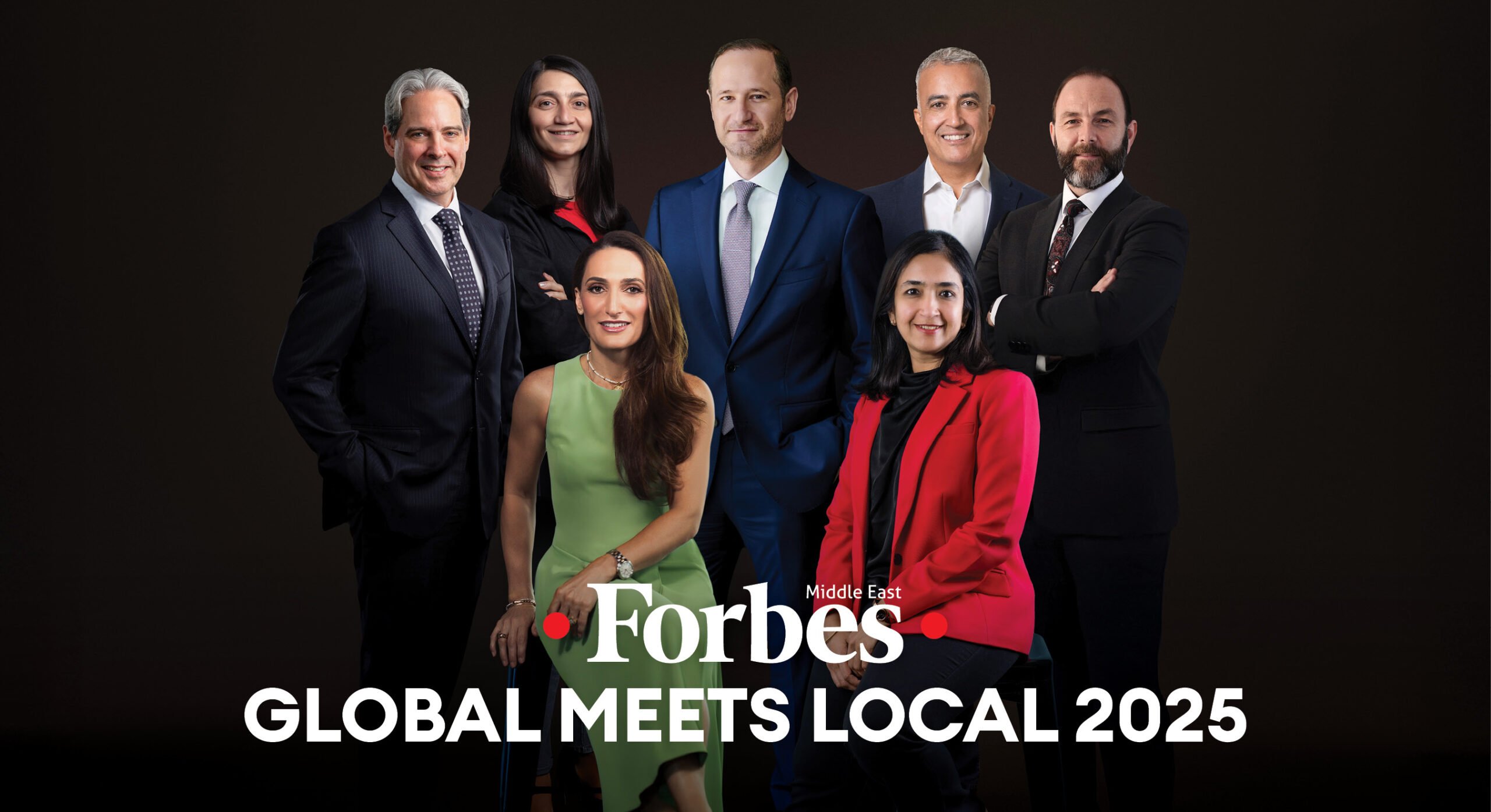Publisher: Maaal International Media Company
License: 465734
Cost, convenience and health: Middle East consumers are reshaping the future of food, PwC report finds
PwC Middle East launched its Voice of the Consumer 2025: Middle East findings, revealing how consumers in Saudi Arabia, the UAE, Qatar and Egypt are rethinking what, where and how they eat.
The findings point to a new consumer reality: cost-conscious decisions are now being made along with a surge in demand for wellness, personalised nutrition and smarter, tech-enabled food systems.
At the core of this transformation is a regional consumer who is financially aware, culturally rooted and increasingly health focused. While almost half of the survey respondents cite cost of living as the most pressing national concern, many still make room for convenience, with 53% ordering takeaway at least once a week, well above the global average of 34%.
اقرأ المزيد
Health is fast becoming a lifestyle driver, with 67% actively concerned about ultra-processed foods and pesticides in what they eat. The report notes a surge in wearable tech, use of health apps and openness to weight-loss prescriptions, with 9% already using GLP-1 medications such as Ozempic and Mounjaro, nearly twice the global figure. Consumers are also turning to smart solutions, with over 40% using generative AI for personalised meal and fitness plans.
Norma Taki, Deals Partner and Consumer Markets Leader at PwC Middle East, stated: “Consumers in the Middle East are redefining what they expect from the food industry. Health, convenience and trust now top the menu. At the same time, rising costs and climate pressures are challenging both consumers and companies to make smarter, more sustainable choices. Companies that thrive will be those that meet people where they are, with affordable, nutritious, tech-savvy and locally rooted solutions that fit modern lifestyles and values. This is the recipe for leadership in a dynamic and fast-evolving market.”
Sustainability awareness remains strong in the Middle East, with 75% of respondents expressing concern about climate change. While environmental factors are still secondary to taste, price, and health at the point of purchase, the data suggests a consumer base that is open to more sustainable choices when paired with value and quality.
PwC’s research also highlights a fast-developing opportunity for convergence across food, tech and health sectors. As the region’s food systems modernise and pressure mounts to reimagine supply chains, businesses have a unique chance to rethink traditional models across agriculture, retail, hospitality and healthcare.
By 2035, the Middle East’s evolving food and consumer industry could generate a value of US$240bn, driven by smarter resilient regional food systems that harness AI for productivity gains and embed sustainability at their core.








